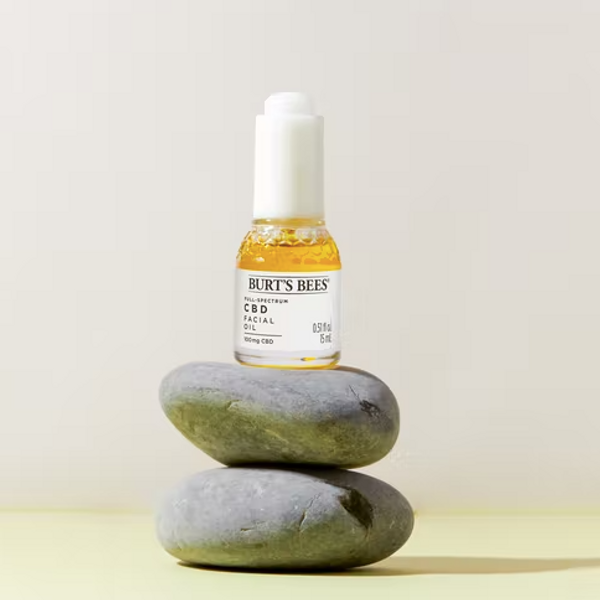If you want to make a pot smoker laugh, accuse him of being addicted to marijuana. Why shouldn't he laugh? For one, most concede that weed isn't physically addictive due to the lack of withdrawal symptoms associated with its use. Marijuana, while not necessarily healthy, is also far safer than alcohol, opiates, and cigarettes. Pot is the safe drug, the one that won't give you a hangover, have you waking up in the middle of the night in a cold sweat, or give you permanent brain damage. Still, as marijuana use becomes more and more pervasive, some disturbing trends have started emerging, muddling the once conventional wisdom (at least among pot smokers) that weed isn't addictive.
According to a recent report by the Substance Abuse and Mental Health Services Administration (SAMHSA), the amount of daily or near-daily marijuana-users has recently jumped by about 50%. On top of this, the amount of people with cannabis-use disorder (CUD) has doubled since the beginning of the 21st century, with close to 30% of marijuana users developing some kind of CUD. Whether the relationship is causal or simply corollary remains to be demonstrated, but there's the feeling that this spike is an unforeseen byproduct of recent efforts to legalize recreational marijuana and the destigmatization that comes along with them. I.e. with cultural acceptance comes ignorance about health and addiction. We saw it with cigarettes, which were so woven into the fabric of American society, that they could be advertised for on television and smoked in airplanes.
There was a lot of animosity towards big tobacco from the American Cancer Society and the Surgeon General, but it took years to get smoking banned in restaurants and public places despite the known health risks. Now, there's a seemingly benign but potentially dangerous trend happening with marijuana in which it's not only being marketed as a good time or even as a cool alternative to booze, but as a branch of the health-conscious™ lifestyle. This branding can have the nefarious effect of keeping people uninformed about the potential risks (however small they may be) associated with smoking marijuana.
The other issue, is the constantly growing potency of today's strains, not to mention oils and other means of indulging. The access to products with higher THC content, also seems to be positively correlated with CUD as well. As professor of public policy at NYU Mark A.R. Kleiman put it, "[Marijuana addiction] wasn't obvious to me 25 years ago, when 9 percent of self-reported cannabis users over the last month reported daily or near-daily use. I always was prepared to say, 'No, it's not a very abusable drug. Nine percent of anybody will do something stupid.' But that number is now [something like] 40 percent.
Years ago, THC-content in flower used to average around 4%. That number is now closer to 20%, and with a rise in potency, comes a rise in daily or near-daily use. While the actual number of marijuana smokers hasn't risen by much, the amount of smoking being done has risen exponentially, so much so that the number of daily smokers is at the highest it's been in more than 30 years. To make matters worse, as potency rises, studies are finding that high quantities of THC are associated with certain withdrawal symptoms. Heavy users who stop smoking can end up having increased levels of anxiety, insomnia, and loss of appetite.
All this said, the amount of people estimated to be dependent on marijuana is as low as 9% of all users, considerably lower than the percentage of drinkers who become alcoholics and there's no real reason why responsible adults can't continue to enjoy a toke every once in a while. An issue arises when people, like with cigarettes in the 50s, don't understand the full ramifications of their leisurely activities. In the same way a website that catalogs and discusses high end whiskey wouldn't suggest that its readers go out and drink half a bottle a day, we here at Find Karma urge you to smoke in moderation, savoring your weed rather than demolishing half a gram via a monster bong rip (not to say that can't be fun as well). As weed's potency increases, so too does its potential for creating dependency.
The side effects may not be physical, but there's something to be said about stepping out of the marijuana haze every so often, if only to make smoking that much better the next time you spark up. The answer to the question is marijuana addictive? is elusive. For some, smoking represents an unstoppable urge, much like the one alcoholics feel around a bottle of whiskey. For most however, smoking is a hobby, something to pass the time. If you're a marijuana enthusiast, there's no reason to stop smoking, but if you're sparking up everyday, it's worth trying asking yourself whether or not you've developed a dependency. If stopping for a few days seems an insurmountable task, it may be time to get some help.








